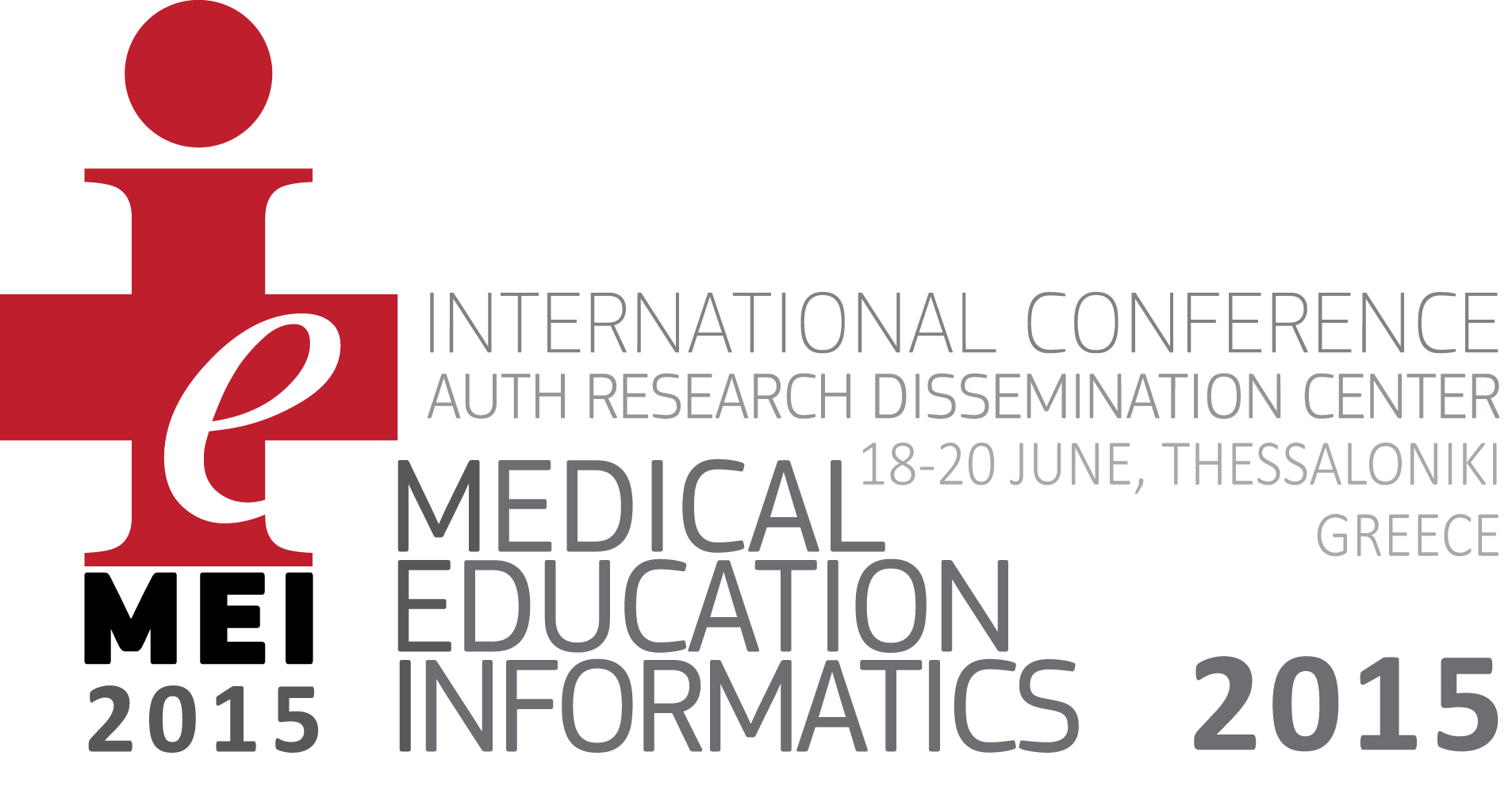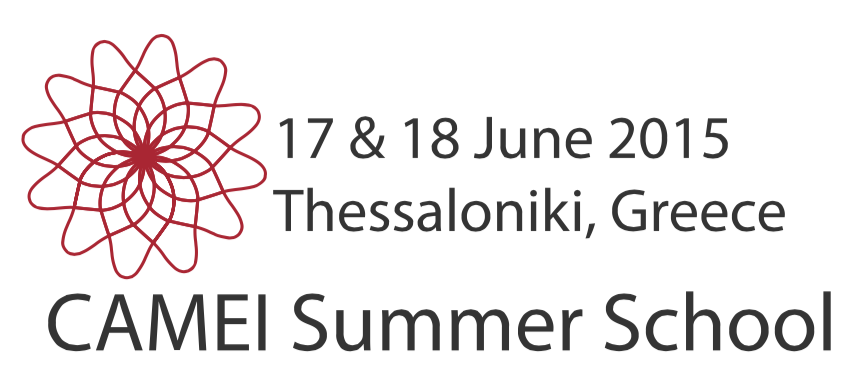You are here
Home › Cochlear Implants: towards a Testing and Learning Protocol for Brain Computer InterfacesCochlear Implants: towards a Testing and Learning Protocol for Brain Computer Interfaces
Abstract:
Cochlear implants are devices aiming to help the ones suffering from a complete hearing loss. They do not restore normal hearing however. They merely provide an increasingly accurate representation of sound, since modern devices have some 24 electrodes that form synapses with some 16,000 cells approximately inside the cochlea. After the surgeon’s infusion the patient’s brain is able to adapt to the new representation of sounds, to a certain degree typically after a year.
For post-lingually deaf subjects, the initial sounds are described to be robotic, fuzzy, cartoonish, or similar to a noisy street. After training and calibration, performed by the doctor, most users are able to recognize voices, and enhance lip reading.
Interestingly, too many subjects, after recent advances, are able to retain and comprehend speech and language. The surgeon’s role is not merely confined to linking nerves with a stimulating mechanism or by properly parameterizing the implantable nerve simulator. The doctor is the one that directs the motor mechanism for producing speech. In this point a “interdisciplinary” group of scientists is involved, trying to visualize the “big picture” that comes out of thousand of synapses linked with bioelectronics.
The subject bearing a cochlear implant does not react on the basis of what he hears; in reality he reconstructs sounds based on what his mind thinks sounds should be morphed in for speech production. Moreover, he will be prompted one way or the other to try his skills in music reproduction, and more specifically in singing.
Therefore, the critical question is: what is the image of sounds; how many “dimensions” do sounds have;
What data should the patient reproduce so to makeshift his analysis - resynthesis brain systems to take advantage of his working memory as a Brain Computer Interface? After all, as doctors say, we do not hear with our ears, but with our brain!
Session
Friday, 19 June, 2015 - 13:00 to 18:00


















